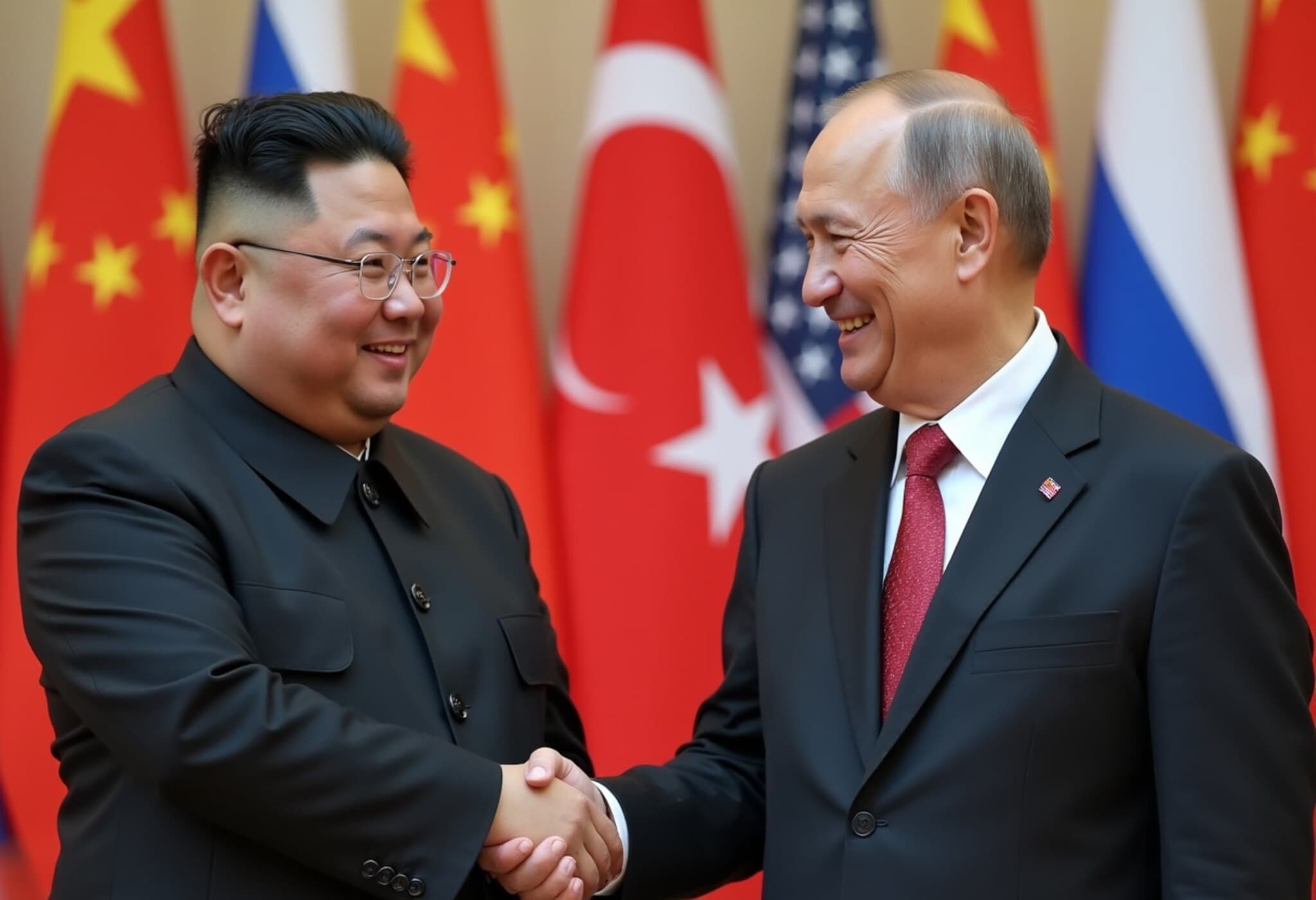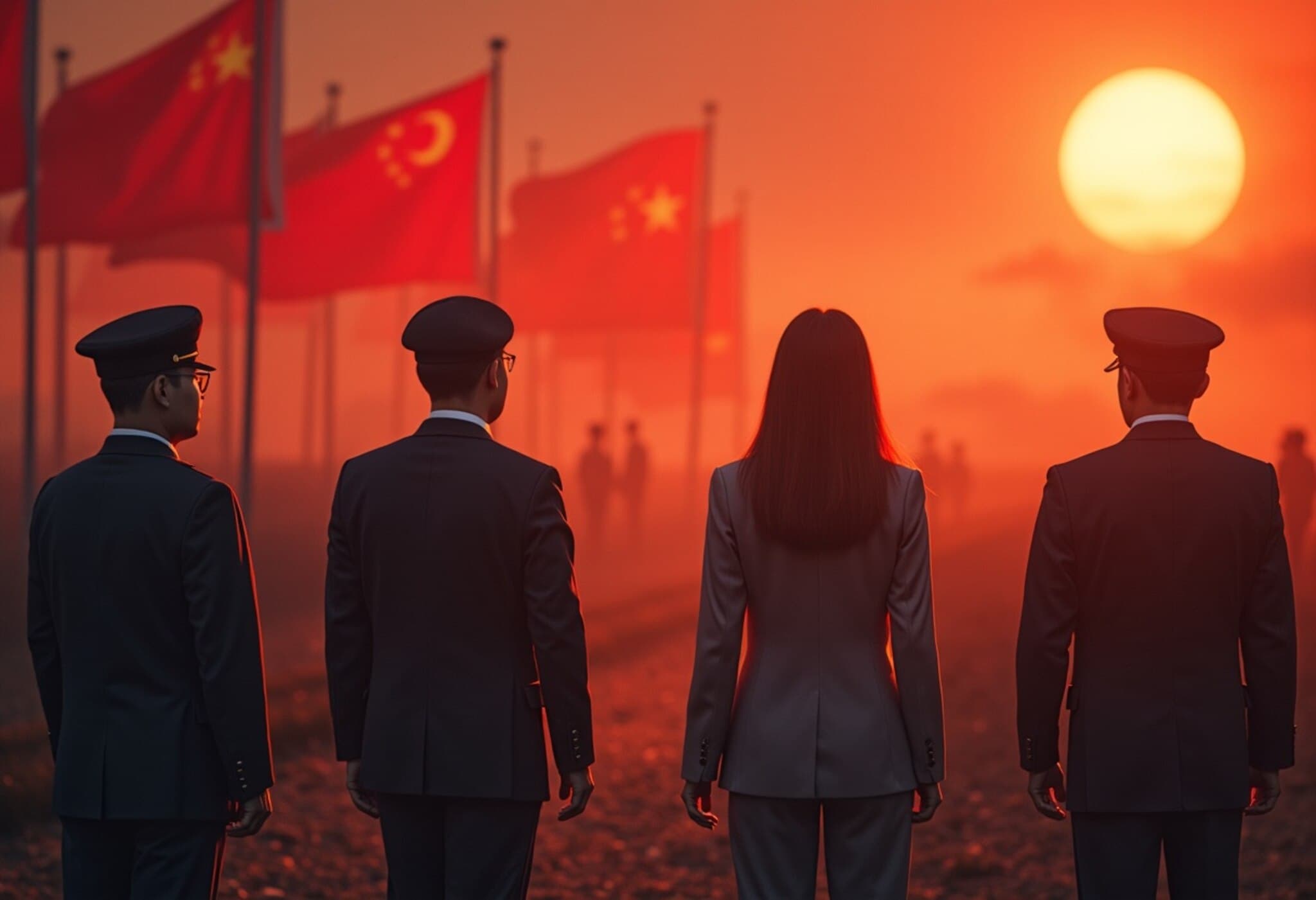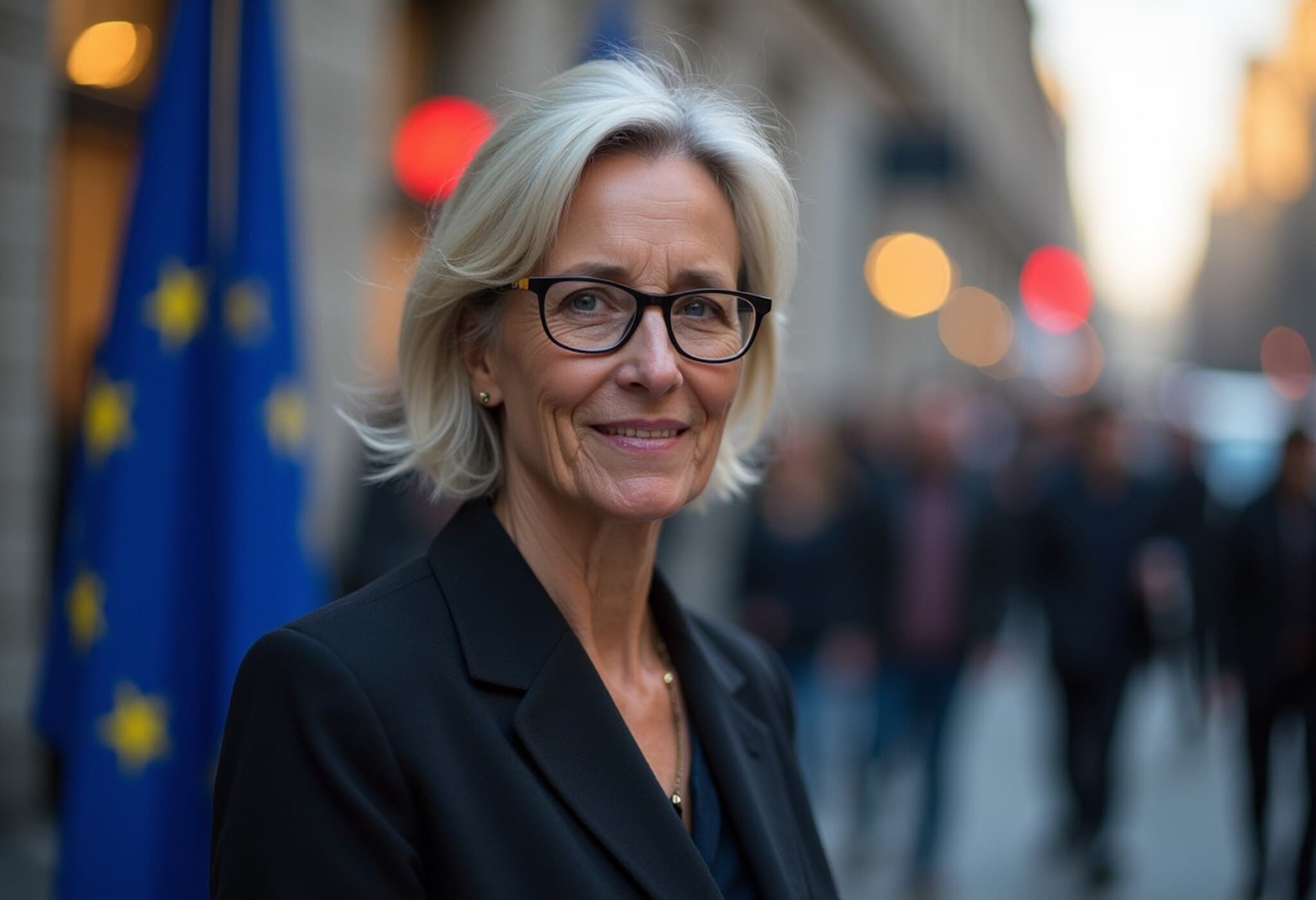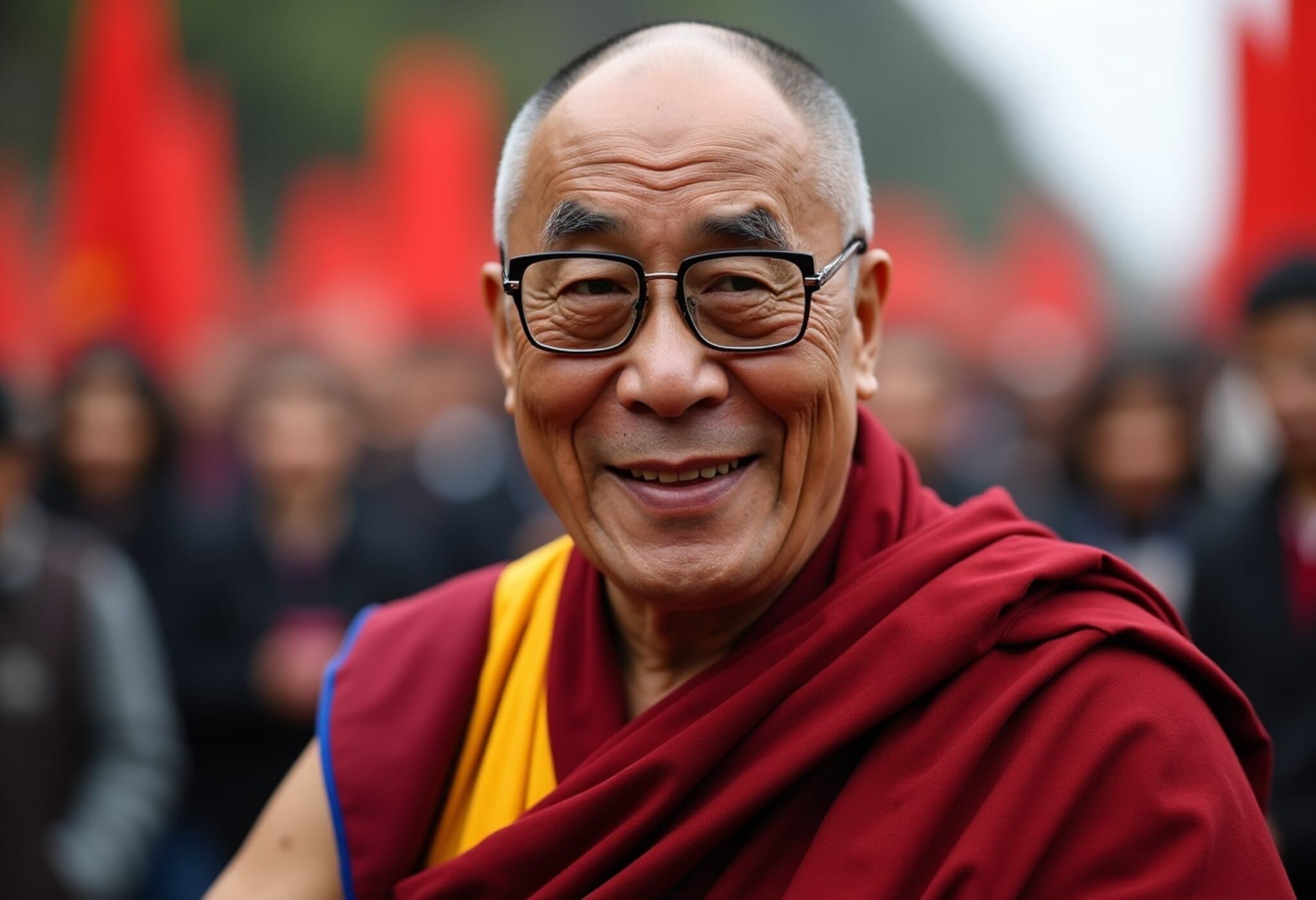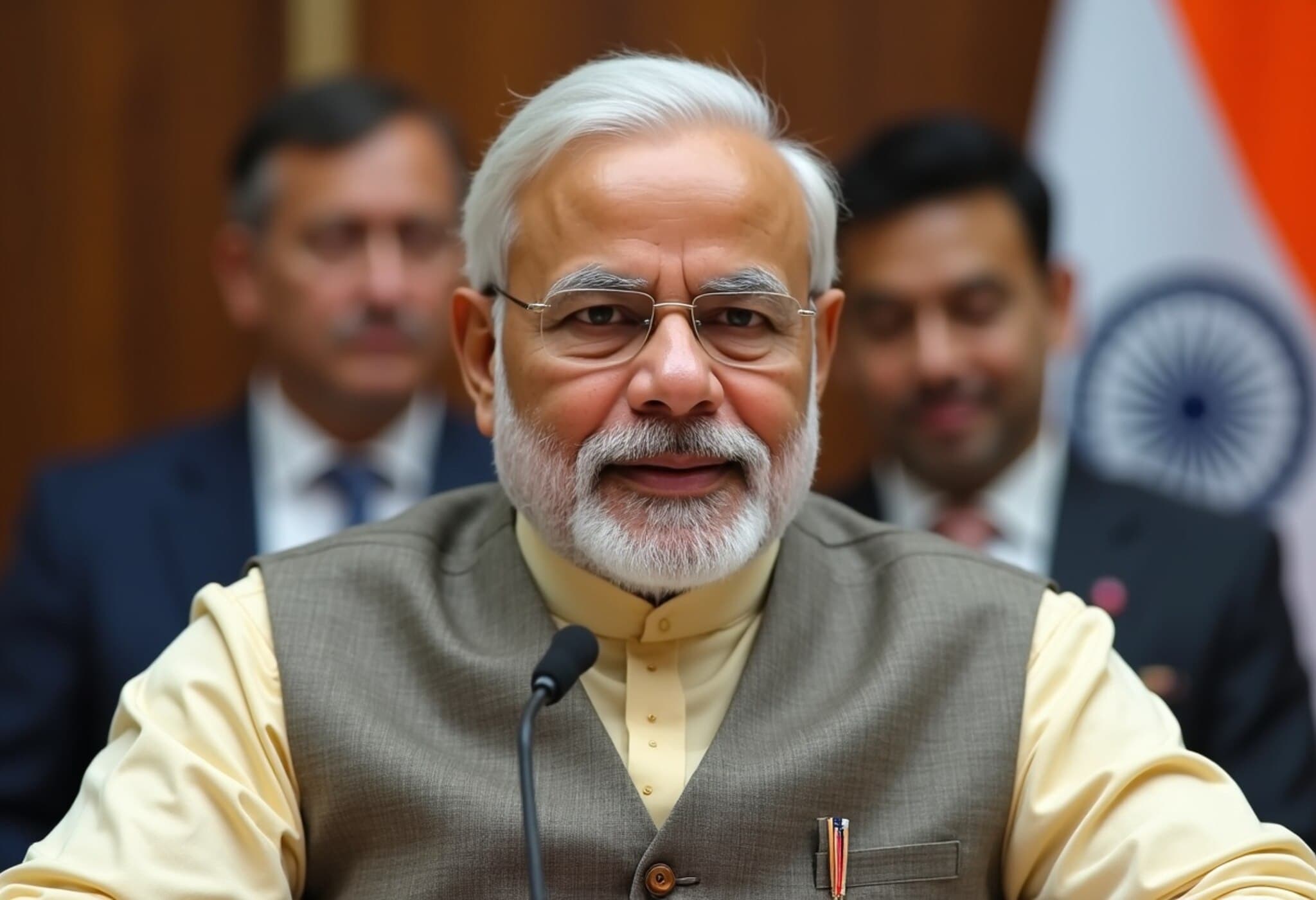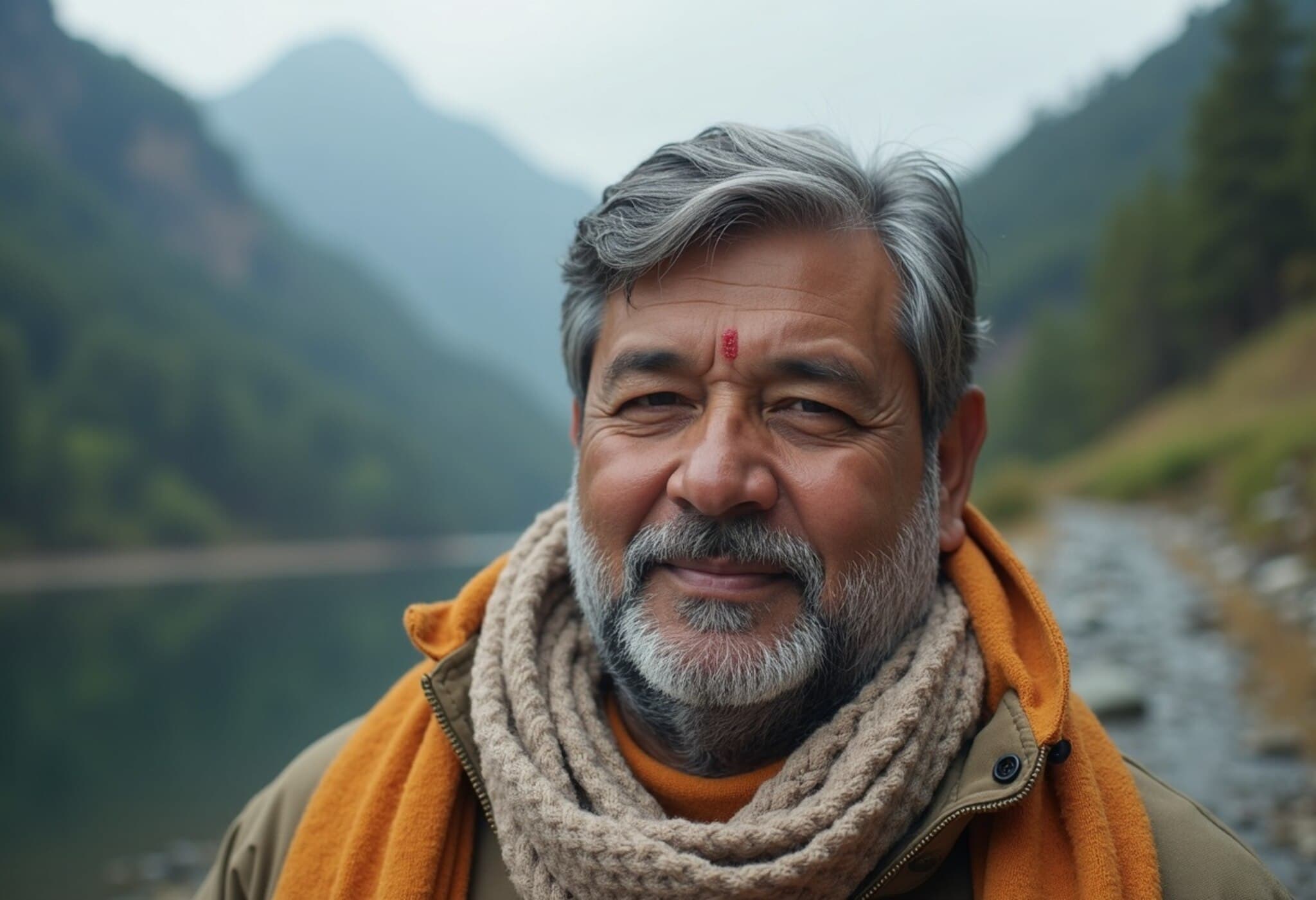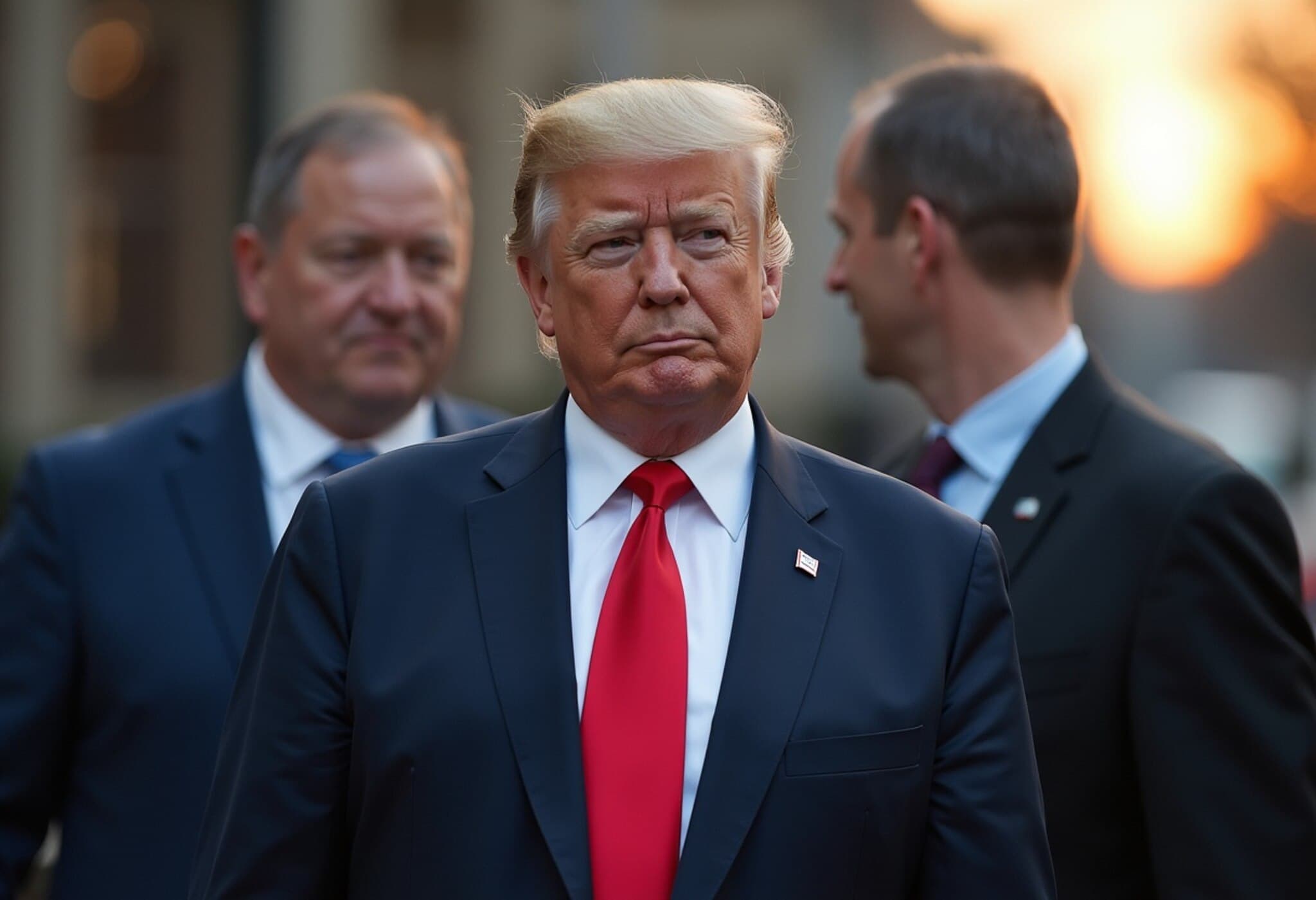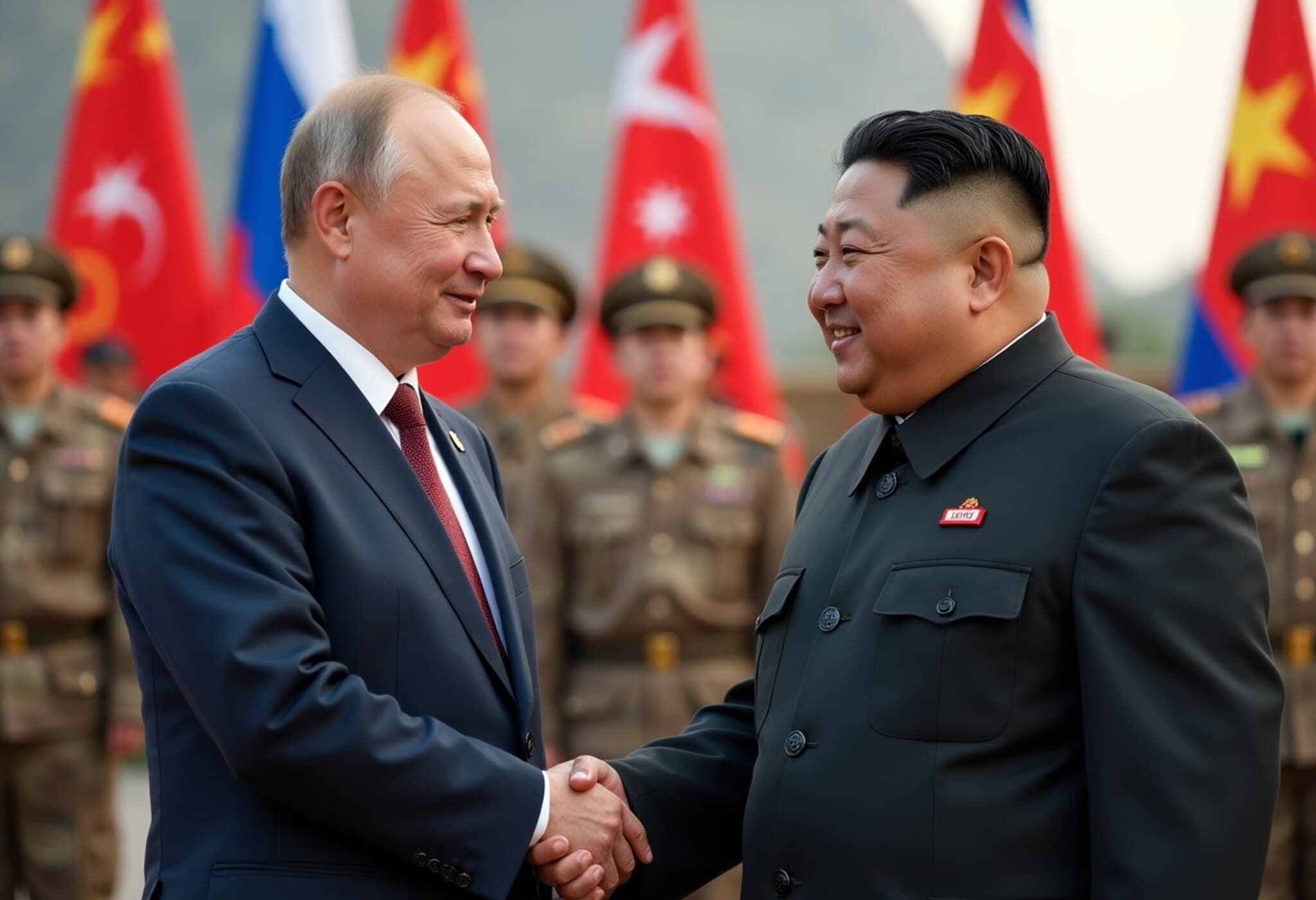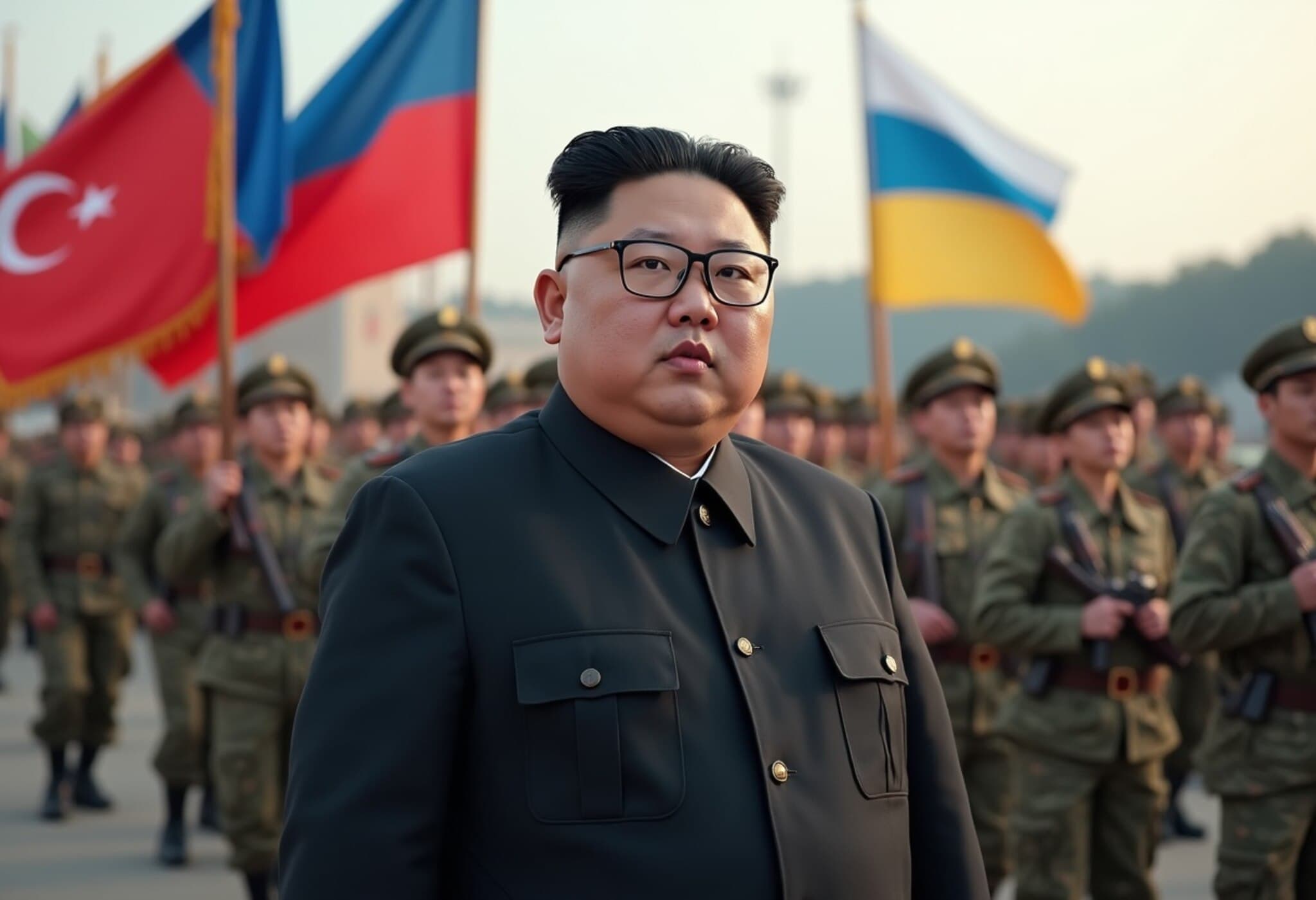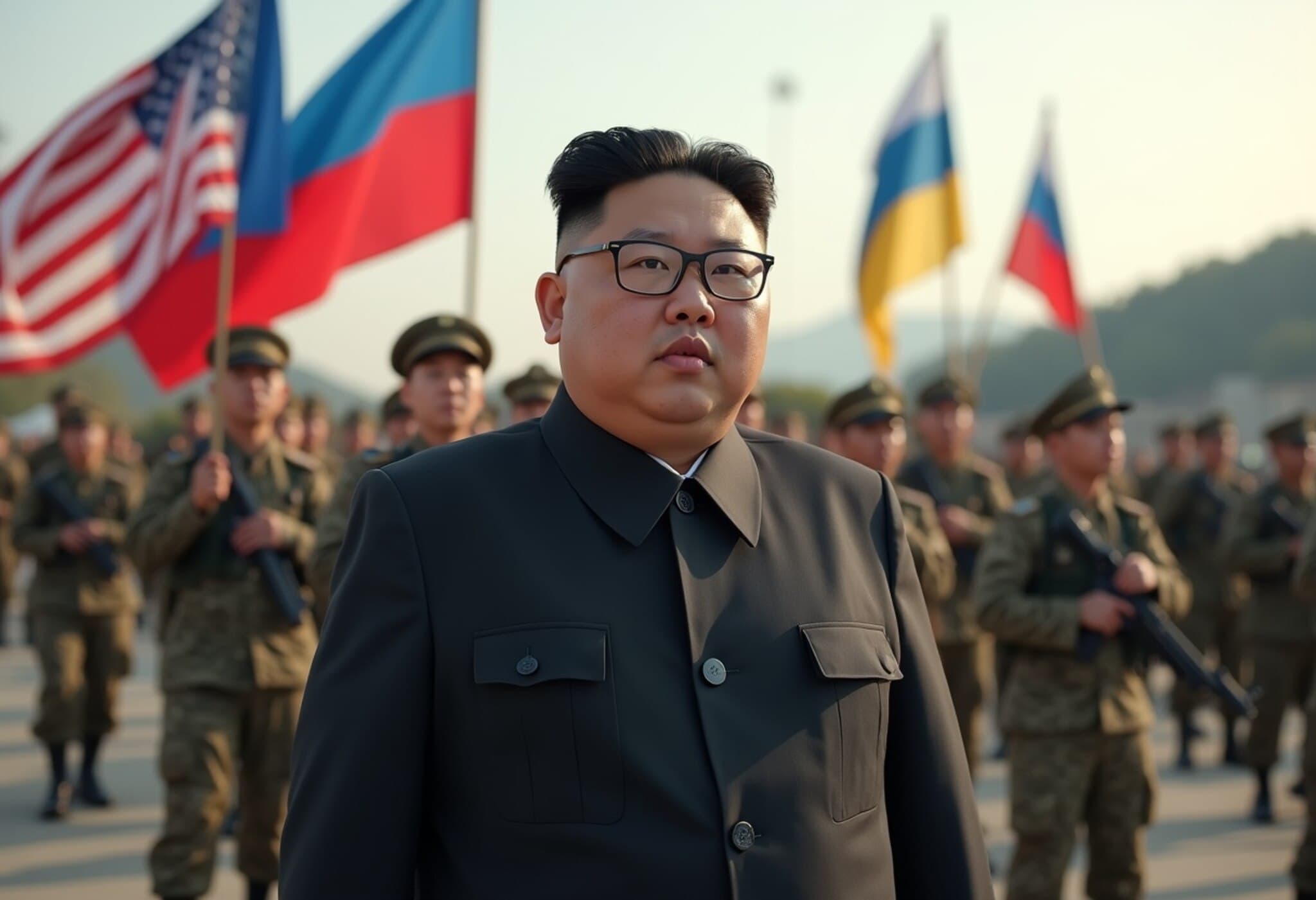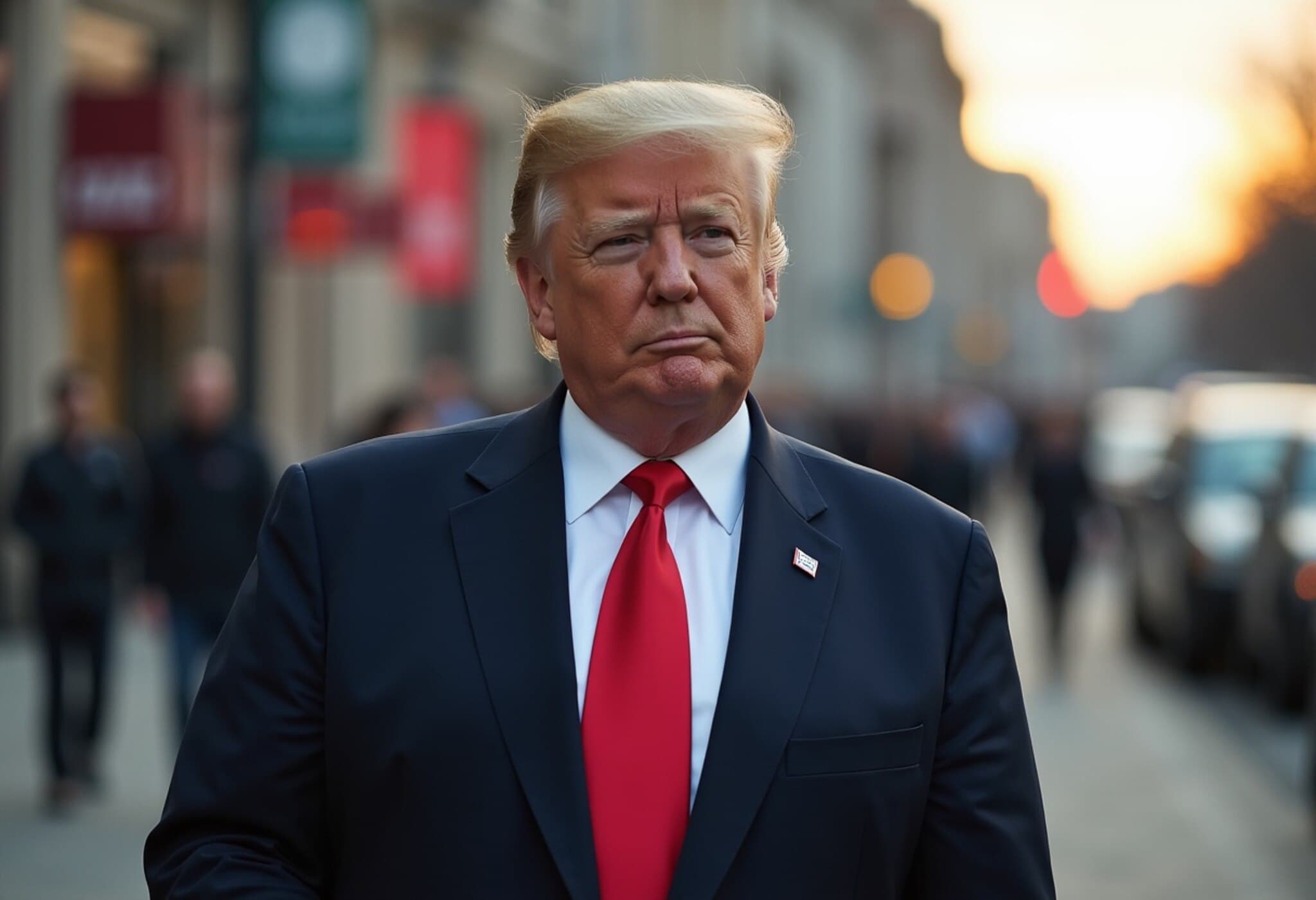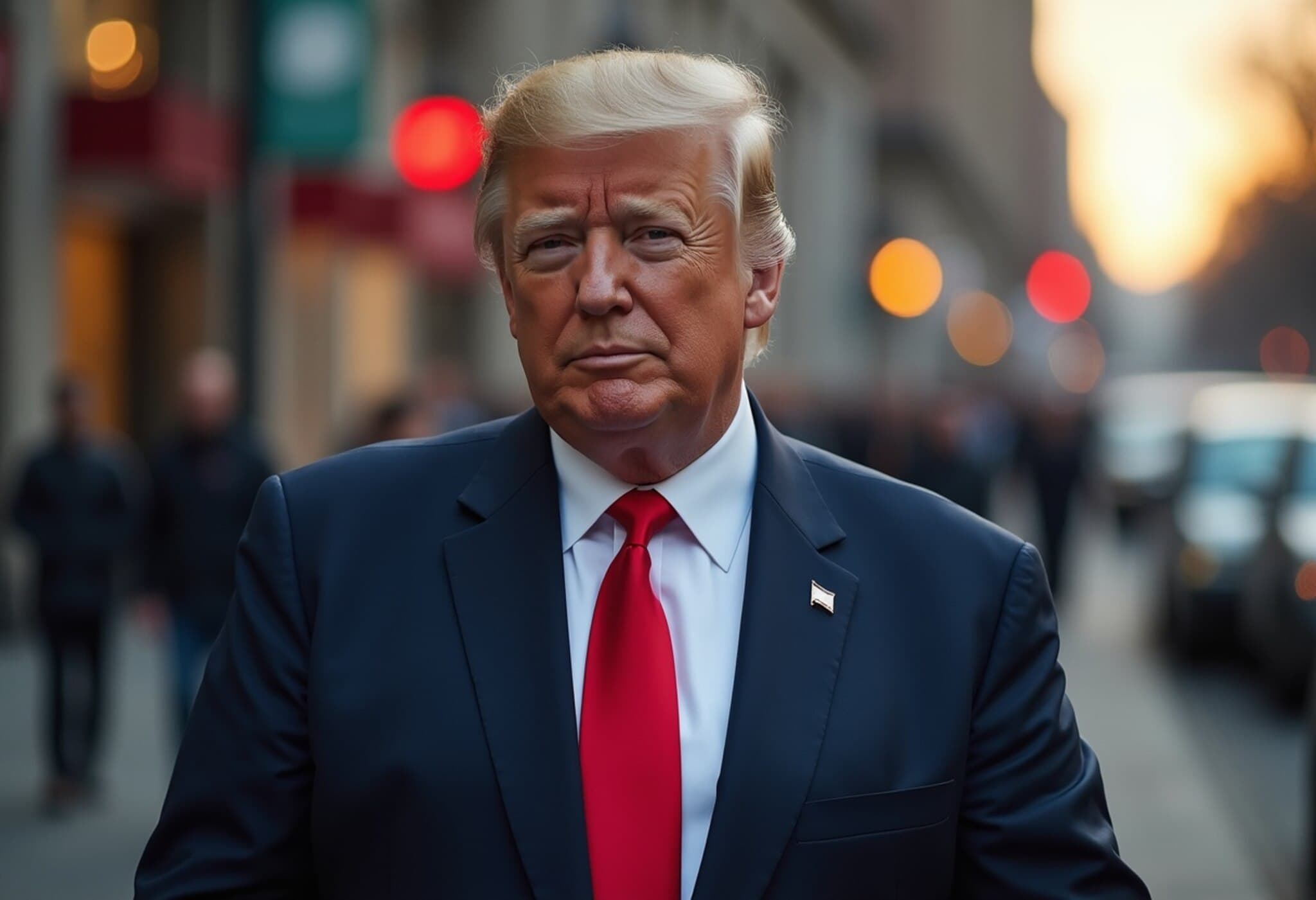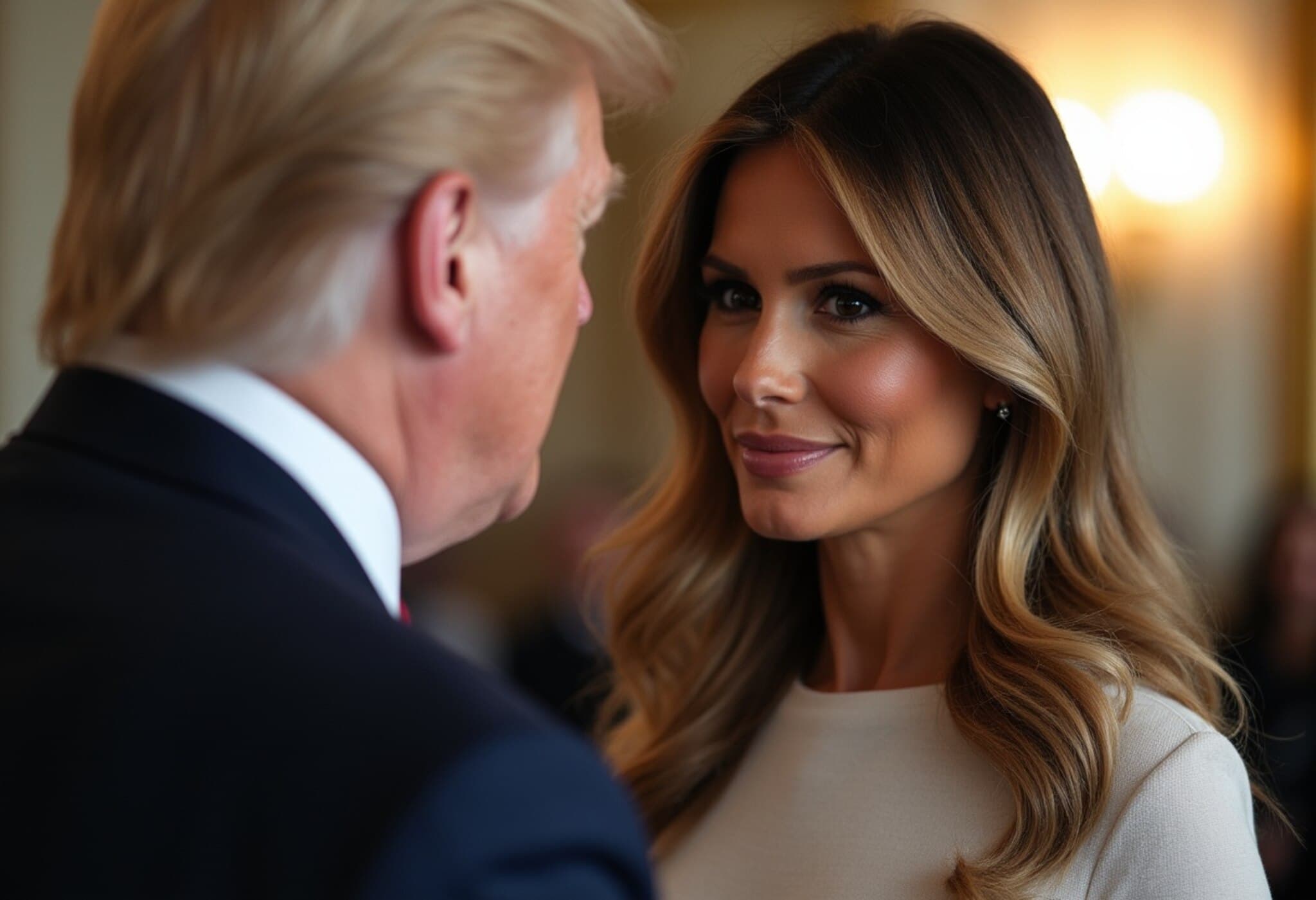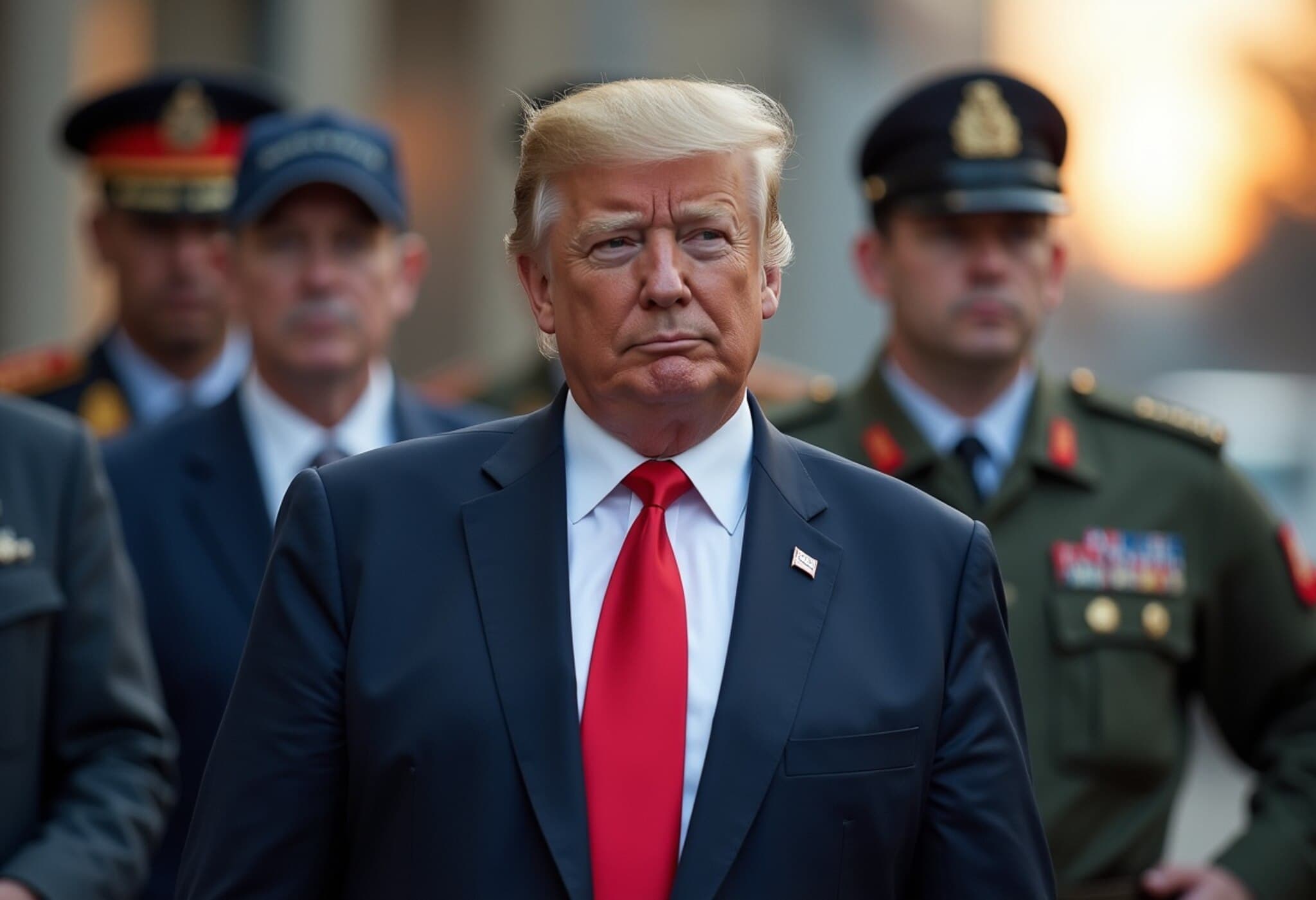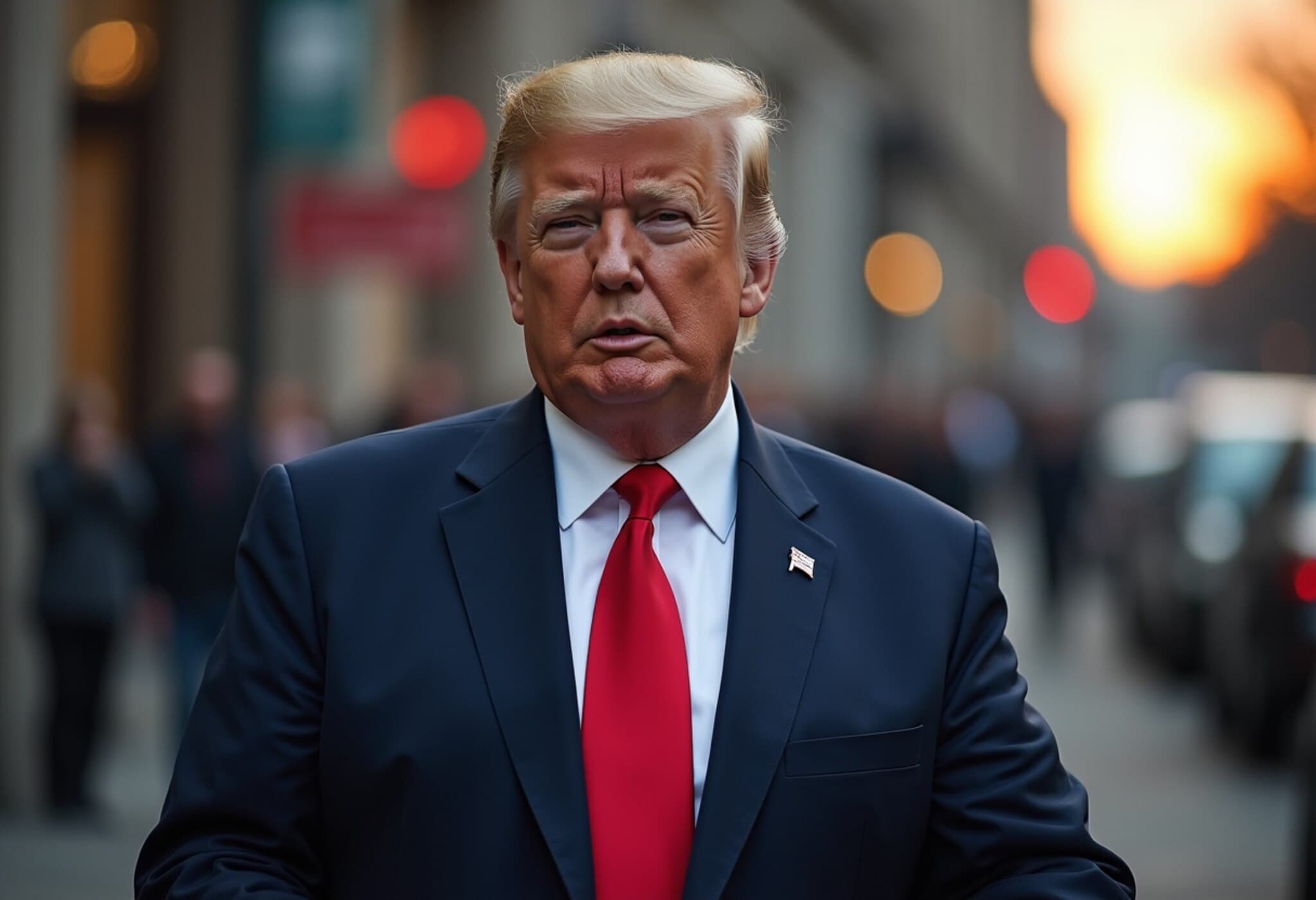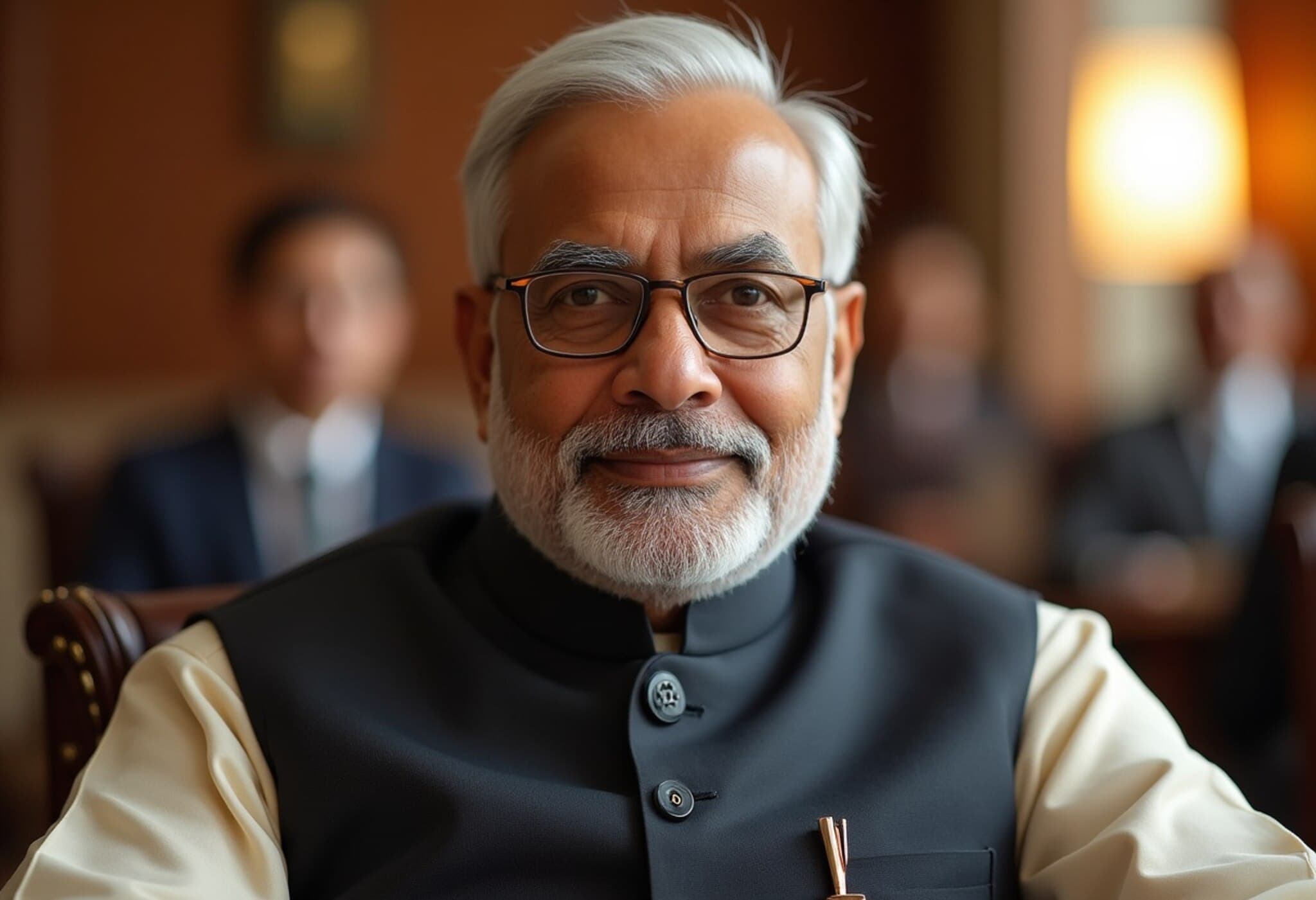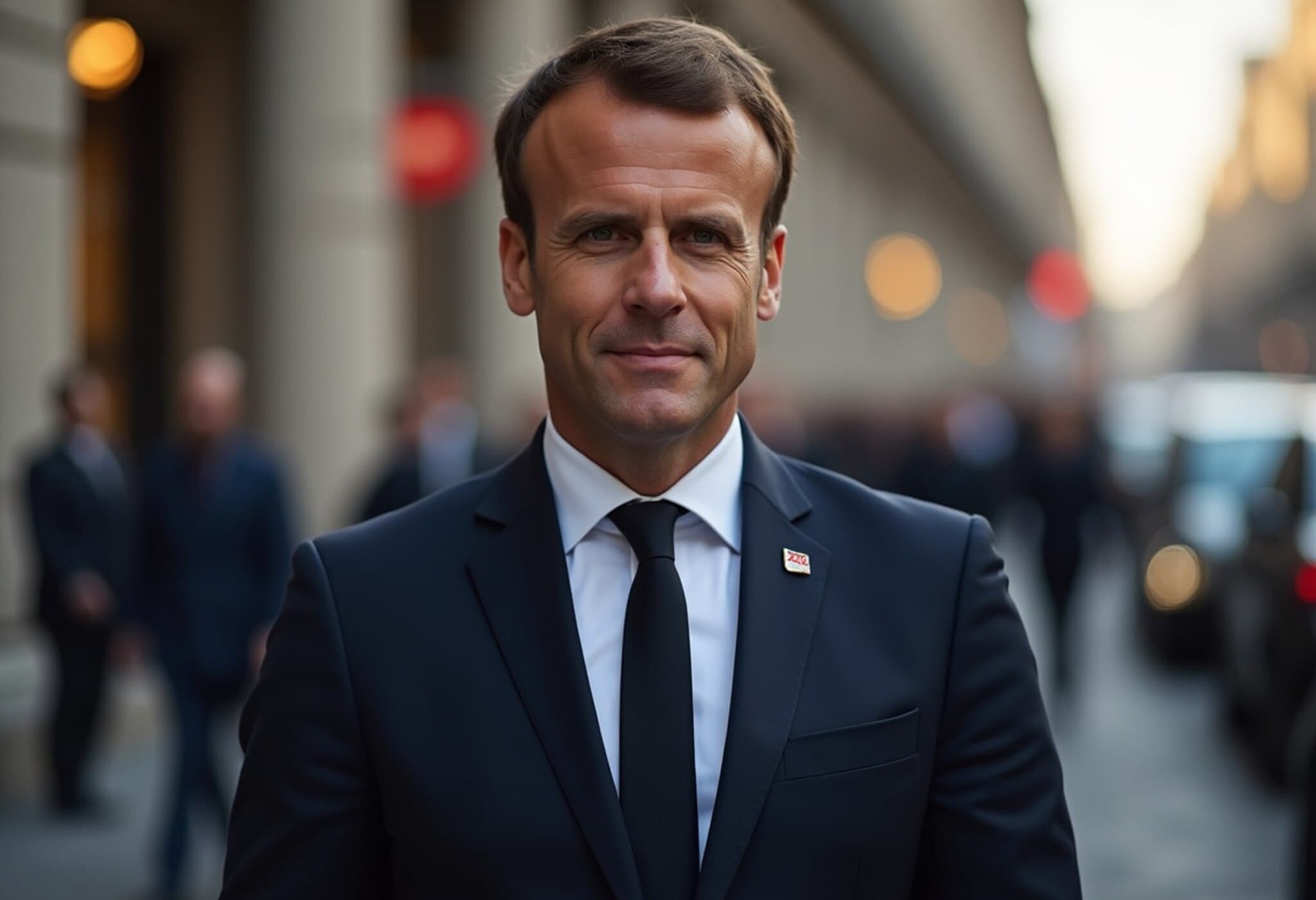Kim Jong Un Affirms Strong Alliance with Russia Over Ukraine War
In a significant development highlighting the evolving geopolitical landscape, North Korean leader Kim Jong Un has declared his country’s “unconditional support” for Russia’s military campaign in Ukraine. This statement came during a high-profile meeting with Russian Foreign Minister Sergey Lavrov in the coastal city of Wonsan on July 12, 2025, marking a deepening alliance between Pyongyang and Moscow.
Meeting in Wonsan: Solidifying Moscow-Pyongyang Ties
According to North Korea’s state-run news outlet KCNA, Kim emphasized unwavering backing for Russia’s efforts in Ukraine, while Lavrov conveyed warm greetings from Russian President Vladimir Putin, underscoring Moscow’s intent to strengthen its strategic partnership with North Korea.
Analysts suggest that this meeting demonstrates a notable pivot in international relations as Russia faces mounting sanctions and diplomatic pressure over the Ukraine invasion. North Korea, on its part, appears eager to bolster military and economic ties with Russia, reportedly providing troops and ammunition to aid Russia’s war efforts in exchange for support.
Military Cooperation Sparks Regional Anxiety
The burgeoning military alliance has raised alarms among the United States, South Korea, and Japan. Officials from these countries fear that the transfer of sensitive military technology—and potentially personnel—could embolden North Korea’s own weapons programs, destabilizing the already fragile security dynamics in Northeast Asia.
Russia Warns Against New Security Alliances
During his visit, Lavrov issued a stark warning to the US, South Korea, and Japan, cautioning against the formation of a trilateral security coalition aimed explicitly at countering North Korean threats. This move is emblematic of Russia’s broader geopolitical strategy to undermine Western-led security frameworks and assert influence in the Asia-Pacific region amidst escalating global tensions.
Heightened Military Drills Between US, South Korea, and Japan
As Pyongyang and Moscow deepen ties, the US-led coalition has responded robustly. On July 11, 2025, the three nations conducted joint air drills involving US nuclear-capable bombers in proximity to the Korean Peninsula. These maneuvers serve as a show of strength and a deterrence message to North Korea’s expanded nuclear arsenal.
Senior military officials convened in Seoul to express concerns over Pyongyang’s provocations, urging restraint and emphasizing the importance of regional stability. Yet, North Korea dismissed such drills as “rehearsals for invasion,” staunchly defending its nuclear program as vital for national defense against perceived US aggression.
Expert Insights: A Balancing Act in Northeast Asia
Dr. Karen Lee, a geopolitical analyst specializing in East Asian security, comments, “This alliance between Russia and North Korea presents a complex challenge. It’s not just about immediate military support—it's about reshaping alliance structures and power balances in a region already fraught with historical tensions and competing interests.”
She adds that Washington and its allies will need nuanced policies that combine diplomatic engagement with strategic deterrence to prevent a further arms race and escalation in Northeast Asia.
Looking Ahead: Questions on Global Security and Diplomacy
The strengthening bond between Pyongyang and Moscow underscores broader themes of alliance-building in today’s multipolar world, where emerging partnerships often challenge existing international norms and power configurations.
- Will increased North Korean involvement in the Ukraine war broaden the conflict’s global repercussions?
- How will the US and its regional allies adapt their defense and diplomatic strategies in response?
- Could this partnership signal a new phase of military cooperation among pariah states that defy Western-led frameworks?
As the situation unfolds, the intersection of Korean Peninsula security and the Ukraine conflict merits close international attention.
Editor’s Note
The recent reaffirmation of support between North Korea and Russia over Ukraine’s war illustrates a shifting geopolitical chessboard where rival powers leverage unlikely alliances. While the immediate impact may seem regionally confined, the broader implications threaten to escalate tensions beyond East Asia and Eastern Europe. Observers should watch this evolving relationship as a barometer for future international alignments and the attendant risks of military escalation worldwide.

